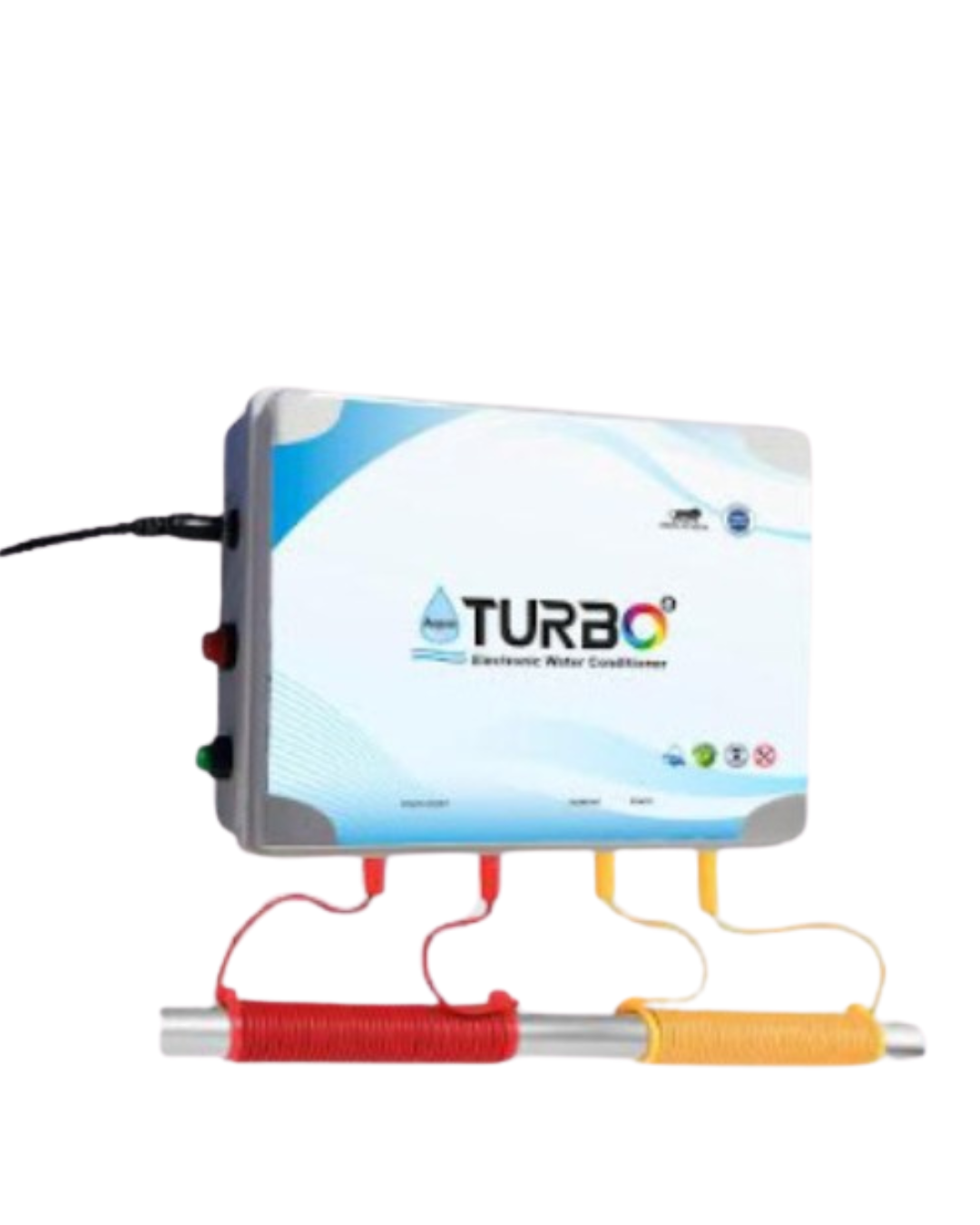When you think of Artificial Intelligence (AI), what comes to mind? Robots? Human-like machines designed to cause widespread destruction and chaos?
As the popularity of AI has surged in recent years, people are not only becoming more comfortable with the use of AI, but are also actively seeking out ways to use it to their advantage.
AI extends beyond the traditional scope of pattern identification and data analytics. It presents a range of opportunities that have the potential to revolutionize the water management itself.
What Is Artificial Intelligence (AI)?
Artificial Intelligence, or AI, is the field of computer science dedicated to creating systems capable of performing tasks that would normally require human intelligence. It involves creating algorithms that enable systems to analyze and interpret vast amounts of data. These algorithms then allow computer systems to imitate aspects of human thought, enabling machines to replicate tasks such as learning, planning, problem-solving, and decision-making.
With the changing climate and strained resources, whether that be financial or labor shortages, the water industry is facing significant challenges. Extreme weather events are making water increasingly scarce, unpredictable, and polluted, leading to more stress on our water infrastructure, treatment processes, and those who manage it all.
AI technology has the potential to revolutionize the future of water and wastewater systems and ensure the long-term viability of the industry. Here are six ways in which AI can solve problems to manage water in industries.
1. Water treatment monitor
AI can be used to continuously monitor the quality of water in real time. By analyzing data from sensors placed in water bodies, AI algorithms can detect changes in water quality and identify potential contaminants or public health hazards such as pollution plumes and waterborne disease pathogens. Through this, AI can also detect eutrophication, harmful algal blooms, and the dumping or discharging of hazardous chemicals. When this AI is integrated with sophisticated electronic devices that monitors real time and gets your maintenance objectives real time.
2. Leak detection and prevention
AI can help in identifying and preventing leaks in water distribution systems. By analyzing data from sensors and meters, AI algorithms can detect anomalies in water flow and pressure, indicating possible leaks. This proactive approach can potentially save significant amounts of water and reduce the costs associated with repairing leaks.
3. Infrastructure maintenance
AI can use real-time data from network sensors to measure, monitor, and optimize flow pressure and velocity to be more energy efficient and reduce operating costs. Advanced systems may even assist in preventing detrimental sewage overflows during severe weather conditions by adjusting storage usage in wastewater pump stations, pipes, and manholes. Additionally, predictive analytics can be used to detect anomalies and predict, diagnose, and fix wastewater network defects and blockages. AI can even expedite notifications to cleanup teams in the event of unexpected discharges.
4. Flood prediction and management
AI can be used to analyze data from weather forecasts, river levels, and historical flood patterns to predict and manage flood events. By using machine learning algorithms, AI can provide accurate and timely flood warnings, allowing authorities to take necessary measures to mitigate the impact of floods and protect their communities.
5. Water conservation
AI can help optimize water usage by analyzing data from various sources, such as weather patterns, soil moisture levels, and crop water requirements. By utilizing this data, AI algorithms can provide valuable insights on when and how much water should be used for irrigation, reducing water waste and promoting sustainable agriculture practices.
6. Water resource management
AI can assist in managing water resources more efficiently. By analyzing data on water availability, usage patterns, and population growth, AI algorithms can help authorities make informed decisions on water allocation and infrastructure planning, especially when navigating water scarcity. So what is the wait, deploy the world class devices built with IOT and make AI deliver magic for your industry.

